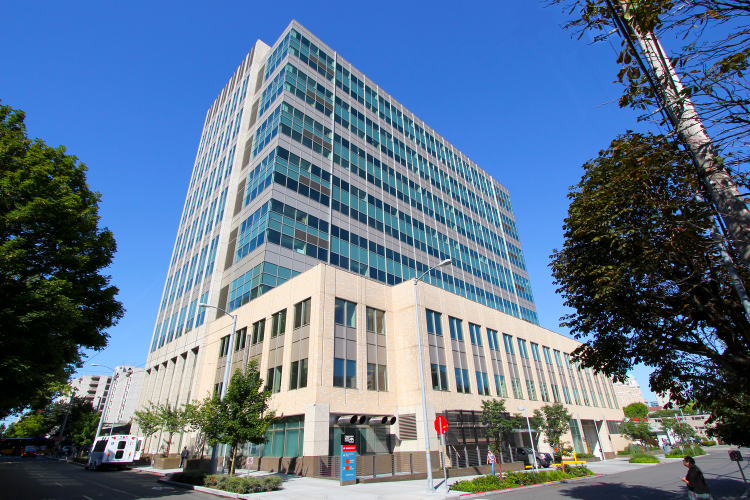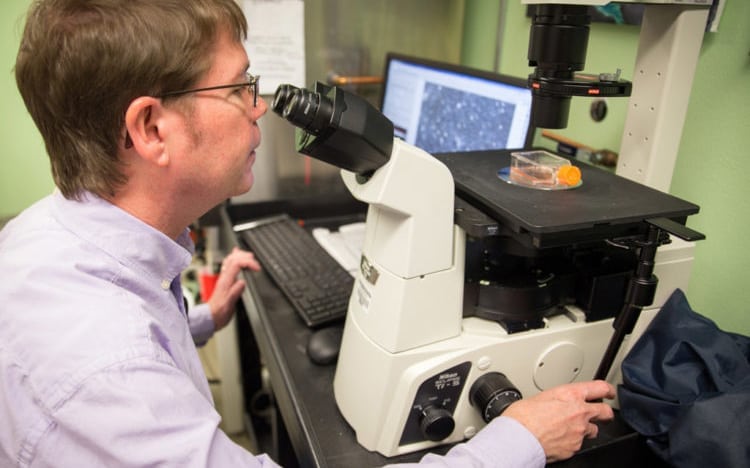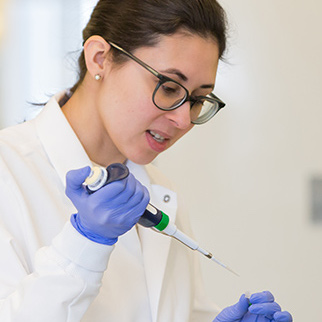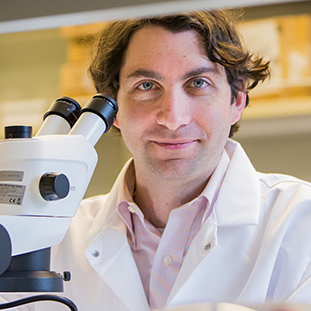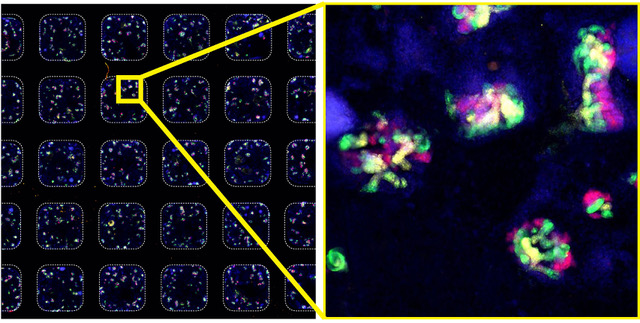The Need for Research
The KRI is Fighting an Epidemic of Kidney Disease
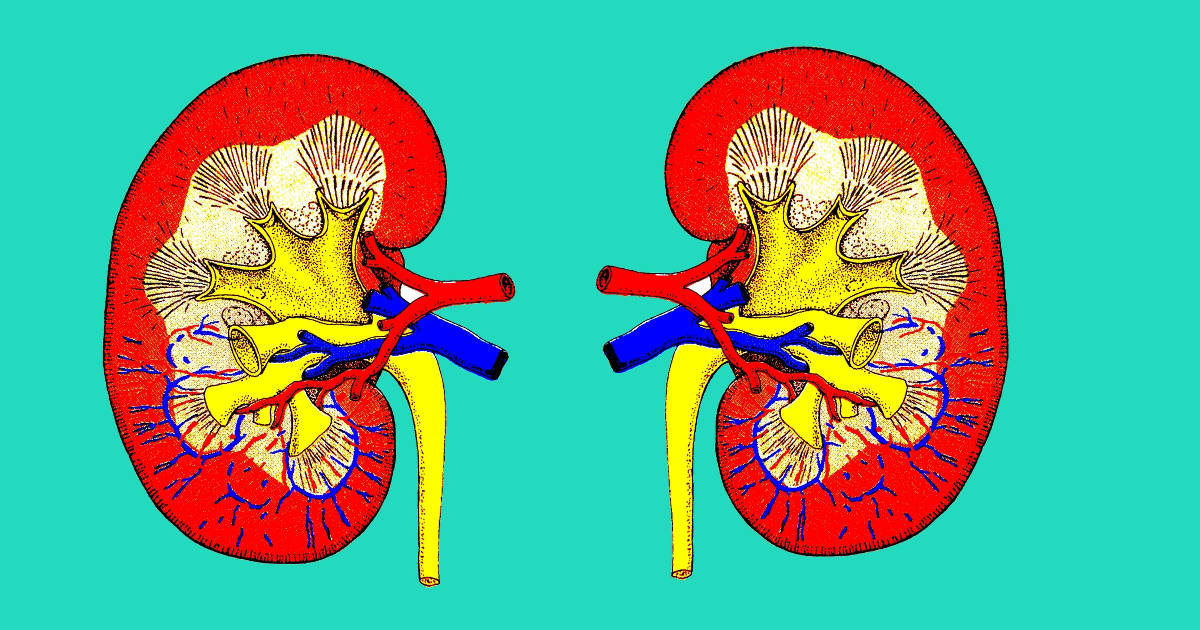
- A public health issue. One in every seven adults in the United States has kidney disease. The estimated prevalence worldwide is 10-13%, or >850 million people.
- A public finance issue. Twenty-four percent of the U.S. Medicare budget is spent treating kidney disease, seven percent on dialysis treatment alone.
- Myriad complications. Chronic kidney disease is linked to premature cardiovascular disease, fractures, infections, and diminished physical and mental functioning.
- Under the radar. Despite robust basic research, clinical practices have lagged in developing new treatments for kidney diseases, understanding uremic complications, and answering other urgent questions directly affecting kidney patients.
Sidenote
Here is some example text for the sidenote. Try to keep this text short because it will live in the right-hand margin.
Sidenote
Here is some example text for the sidenote. Try to keep this text short because it will live in the right-hand margin.
Sidenote
Here is some example text for the sidenote. Try to keep this text short because it will live in the right-hand margin.
Sidenote
Here is some example text for the sidenote. Try to keep this text short because it will live in the right-hand margin.
Sidenote
Here is some example text for the sidenote. Try to keep this text short because it will live in the right-hand margin.
Interdisciplinary collaboration and team science drive knowledge

Kidney Disease Touches All Aspects of Health
Diseases that affect the whole body, such as diabetes and hypertension, cause much kidney disease and occur alongside damage to other organs. Once kidney disease develops, the kidneys lose their ability to perform their central role in body regulation, profoundly challenging physical and mental health.
Preventing and treating kidney disease inherently requires researchers with broad expertise to work together. The KRI is where these collaborations happen! It is within this environment that investigators from multiple medical specialties (Nephrology, Endocrinology, Cardiology, and more) can partner with Pathologists, Clinical Chemists, Radiologists, Bioengineers, Nutritionists, and experts in Pharmaceutics and Regenerative Medicine, among many other fields, to investigate new theories and perform collaborative research. 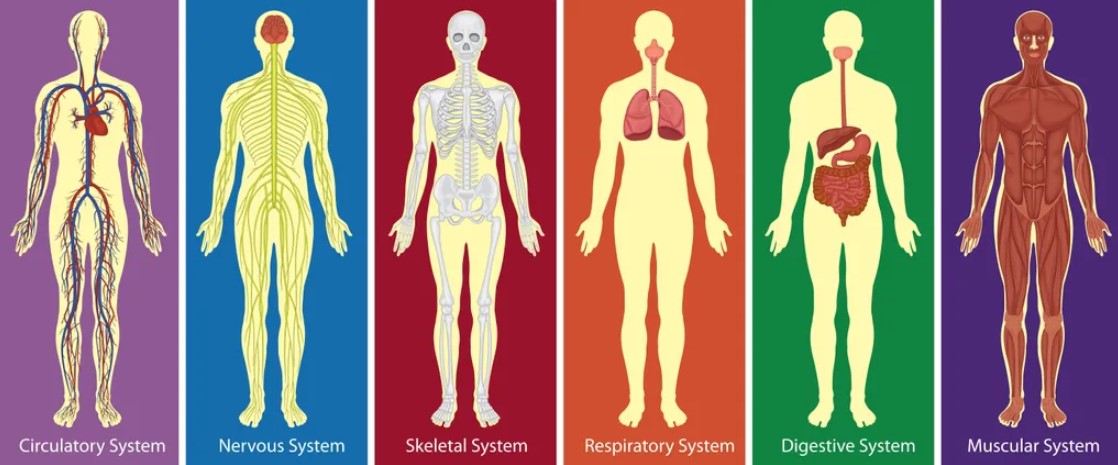
Projects that cross the usual bounds of scientific disciplines facilitate the rapid application of new knowledge and technologies to kidney disease research and promote discoveries. At the KRI, team science drives interdisciplinary research. Researchers with specialized expertise — including Research Coordinators, Project Managers, Laboratory Scientists, and Biostatisticians — work across projects to lend their unique insights to multiple studies. The KRI “co-laboratory” breaks silos and accelerates innovative science.
Research Studies by Specialty
Learn about the research studies we have ongoing in a variety of areas:
- Chronic Kidney Disease (CKD) research
- Diabetes research
- Acute Kidney Injury (AKI) research
- Transplantation research
- Dialysis research
- Laboratory Studies research
Patients as Research Partners
We consider patients partners in our research — through patient engagement and our Patient Advisory Committee, the KRI commits to amplifying the patient voice in kidney research and conducting research that is meaningful to patients.
Innovation
Seattle has been at the heart of kidney innovation since Belding Scribner and his team invented the Scribner shunt and Clyde Shields stepped up to become the first maintenance dialysis patient in 1960. The KRI continues that spirit of innovation with new technologies like the kidney-on-a-chip and kidney organoids, new diagnostic tests, new directions in precision medicine, new ways to advance person-centered care, and new treatments to prevent kidney disease and treat its complications. 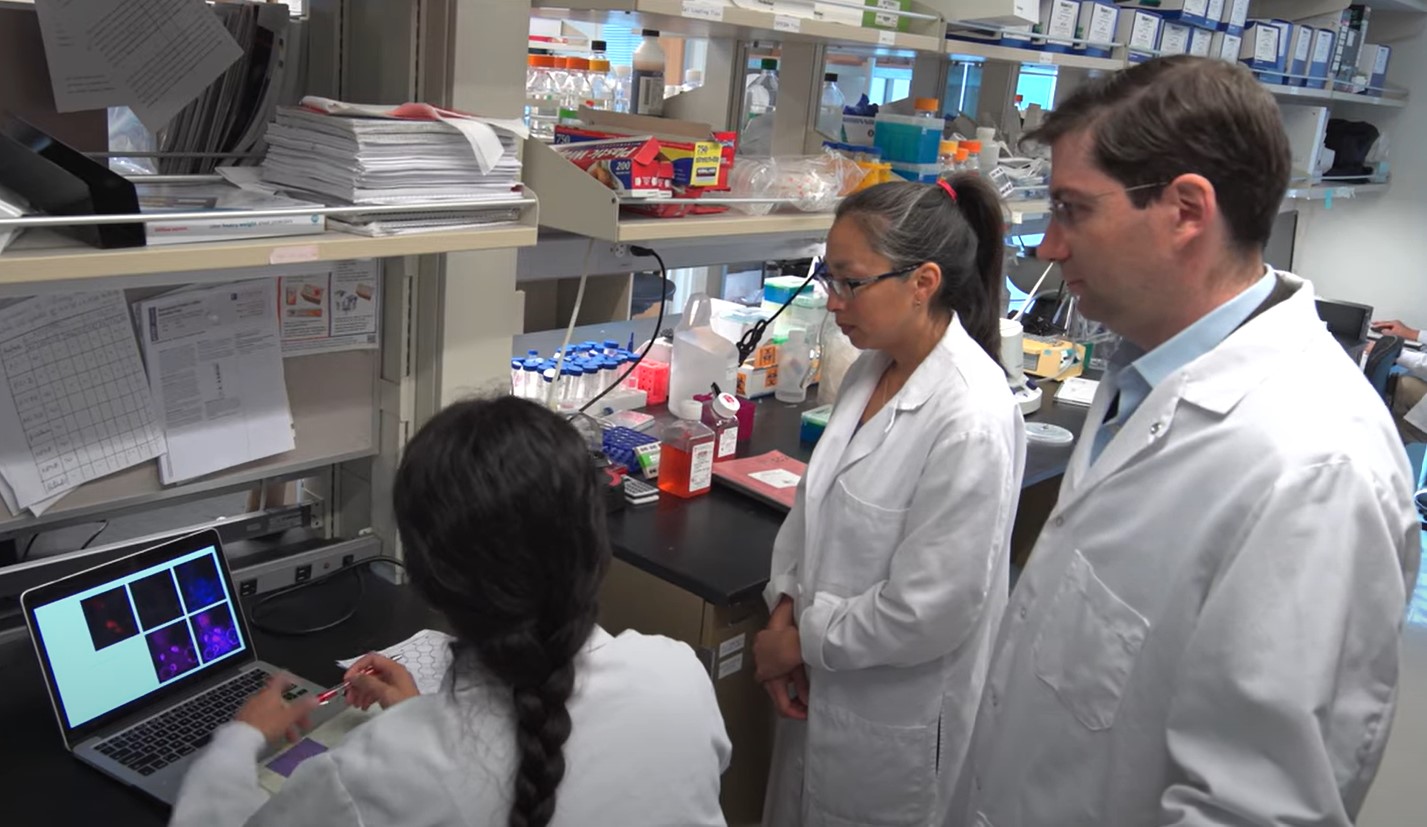
The KRI performs a broad range of clinical and translational research studies to accomplish this work, from bioengineering design, laboratory studies, and physiology studies to clinical epidemiology and health services research. The KRI is also a leader in clinical trials, which bring the newest treatments to patients most immediately.
Diversity in Kidney Research
Kidney disease affects both women and men and disproportionately affects racial and ethnic minority populations and people at the highest social risk. The KRI seeks to improve kidney health for all. Some KRI research focuses directly on understanding and mitigating disparities, and all KRI research strives to advance equity by focusing on issues with broad impact and enhancing diversity at all levels.
Patient-oriented research studies include populations as diverse as those with or at risk of kidney disease. Our Patient Advisory Committee represents the diversity of kidney patients. Our investigators are leaders promoting diversity throughout medicine.
Watch our video: Women Researchers in Nephrology
Laboratories, Centers, and Projects

Seeking to understand how microscopic events produce macroscopic organs and disease. Our model is the kidney, a beautiful, complex, and vital organ
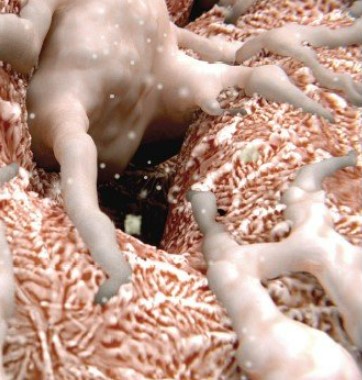
Studying PD-1 signaling in aged kidneys and diseased podocytes.

Center for Innovations in Cancer & Transplant (CICT)
Integrating healthcare and research to transform the lives of people with cancer and organ transplants.

Kidney Precision Medicine Project (KPMP)
A collaboration of leading research institutions to study patients with kidney disease. The KPMP is an ambitious, multi-year project funded by the NIDDK to understand and find new ways to treat chronic kidney disease (CKD) and acute kidney injury (AKI).
Collaborations
We collaborate with many outstanding organizations in the service of our mission and vision.

Northwest Kidney Centers (NKC)
NKC provides approximately 292,167 dialysis treatments during a year, about a quarter of all dialysis treatments in WA state, for 1,936 patients who dialyze in one of our centers or at home with our support.
learn more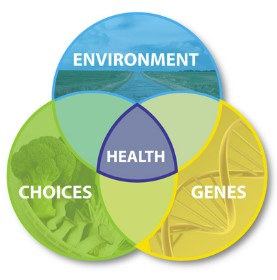
The Center for Exposures, Diseases, Genomics & Environment (EDGE)
The EDGE Center is committed to conducting and communicating cutting-edge science that reduces the burden of environmentally related diseases through science translation into policy and practice.
learn more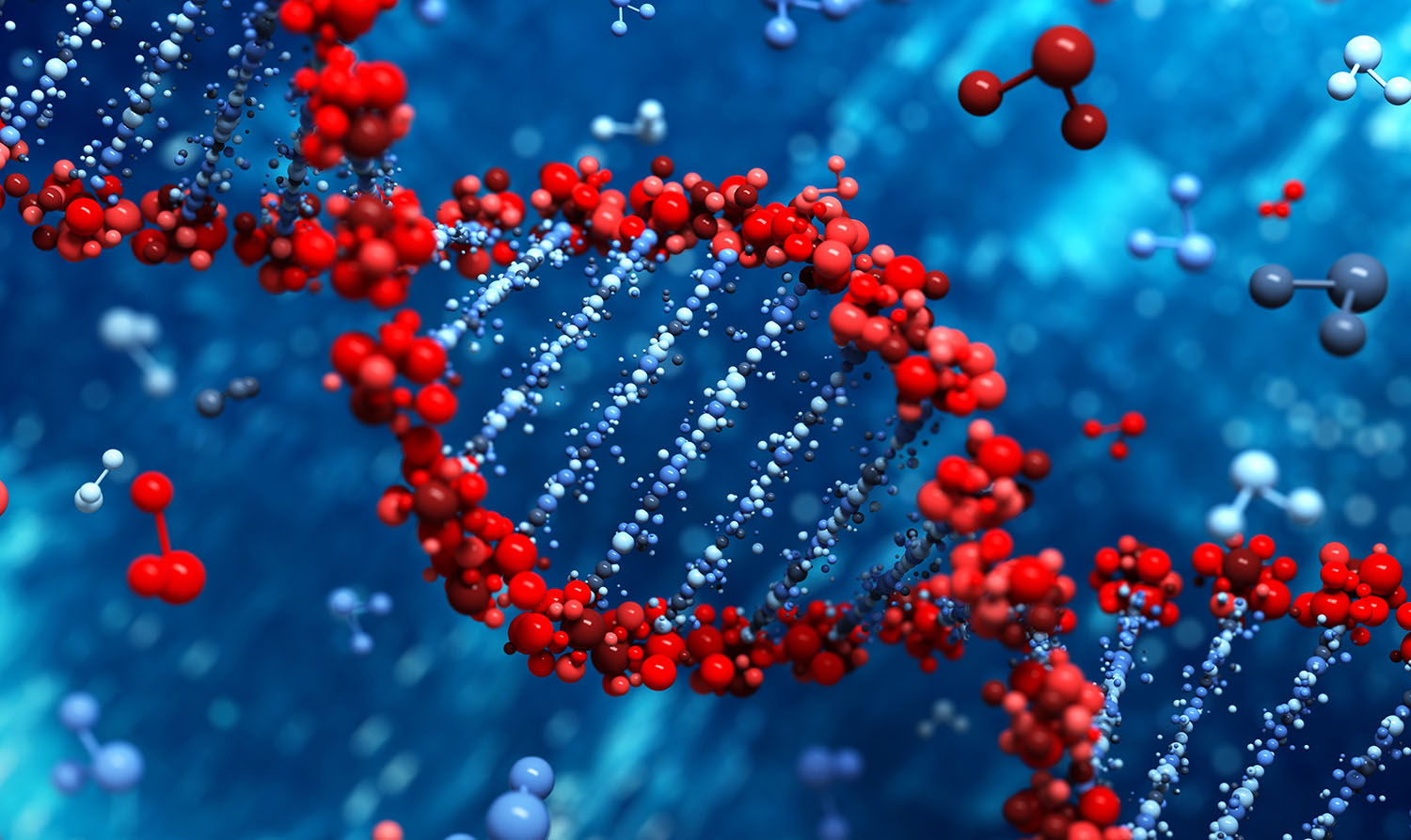
NORTHWEST INSTITUTE OF GENETIC MEDICINE
Providing support for translational genetic research by improving access of clinical investigators to cutting-edge human subject support, informatics and phenotype definition, genomic technologies, and innovative genetic analyses.
learn more
The first card title goes here
Text goes here. Double-click the arrows to set the links for each card.
learn more
The second card title goes here
Try to keep text short so visitors can quickly scan these cards.
learn more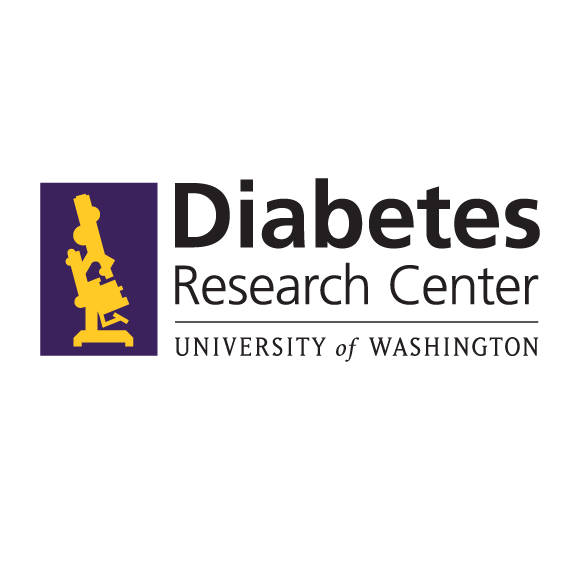
Diabetes Research Center
The goal of diabetes research is to elucidate the etiology and pathogenesis of the disease processes causing diabetes and the end-organ complications of the disease.
learn mo
Nutrition Obesity Research Center (NORC)
NORC's overarching goal has been to support basic, clinical, and translational research at UW related to nutrition, obesity, and related metabolic disturbances.
learn mo
UW Department of Bioengineering
Interdisciplinary teams collaborate in a wide range of areas, from biomedical imaging to biomaterials, and from diagnostic tools to targeted drug delivery.
learn more
UW Department of Mechanical Engineering
Mechanical Engineering deals with understanding how things work, from the tiniest micro-particle to the largest spacecraft, and even the human body—one of our most complex machines.
learn more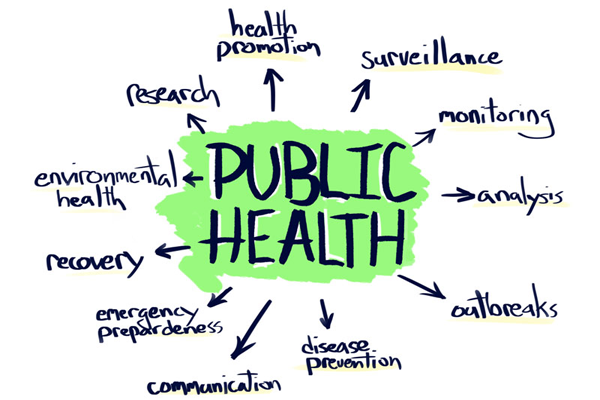
UW School of Public Health
We aim to solve our greatest public health challenges and co-create health equity with communities in the region and worldwide. We have departments of Biostatistics, Environmental and Occupational Health Sciences, Epidemiology, Global Health, and Health Systems and Population Health.
learn more
UW School of Pharmacy
Providing scientific leadership through the development of innovative research programs in the biomedical sciences, conducting basic, translational, and outcomes research, and making informed decisions at preclinical, clinical, and post-approval stages of drug discovery, development and implementation.
learn mor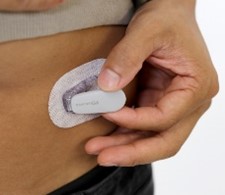
UW Medicine Diabetes Institute (UWMDI)
UWMDI is the first of its kind in the Pacific Northwest. Integrating superb care for patients with diabetes, obesity and their complications, with a comprehensive program for translating basic research discoveries into improved strategies for the diagnosis, prevention and treatment of these disorders.
learn mor
VA Puget Sound Health Care
Providing veterans with outstanding health care, training America’s future healthcare providers, and conducting important medical research.
learn more
UW Pulmonary, Critical Care & Sleep Medicine
Dedicated to improving health and wellness by advancing patient care, fostering ground-breaking research, and empowering through teaching
learn more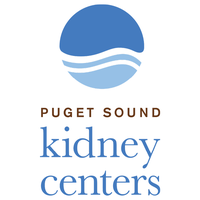
Puget Sound Kidney Centers
Our mission is to enhance the quality of life of those with kidney disease through outstanding dialysis care, education, and community support.
learn more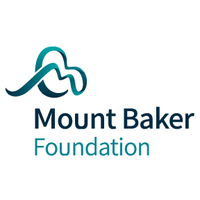
Mount Baker Foundation
Focused on improving the quality of life for individuals with kidney disease, preventing diabetes (the largest contributor to kidney failure), and supporting innovation in kidney research and dialysis innovation
learn more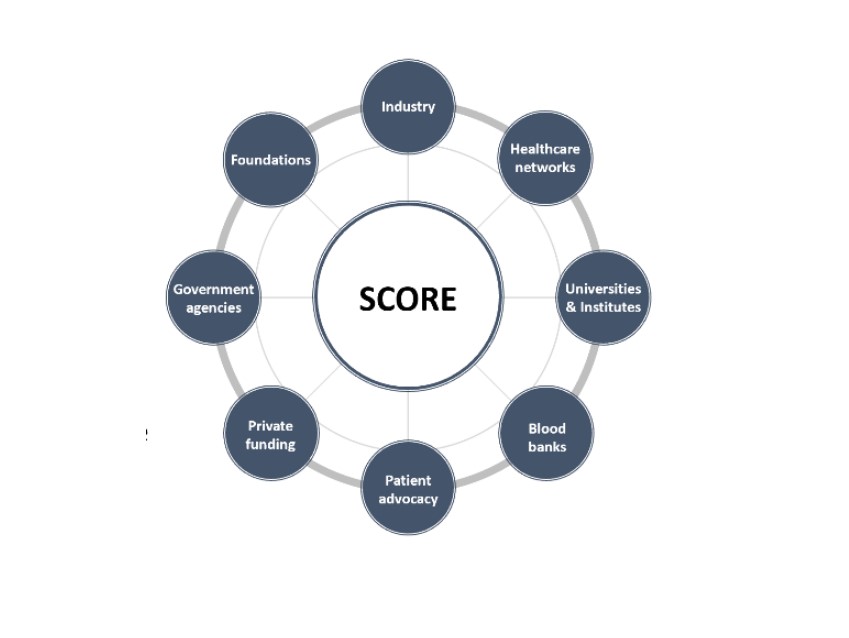
The Sepsis Center of Research Excellence (SCORE)
A collaborative medical research center focused on sepsis translational science. As part of the University of Washington (UW) Department of Medicine, SCORE-UW is a global collaboration between a network of hospitals, industry, blood banks, universities, and funding partners.
learn more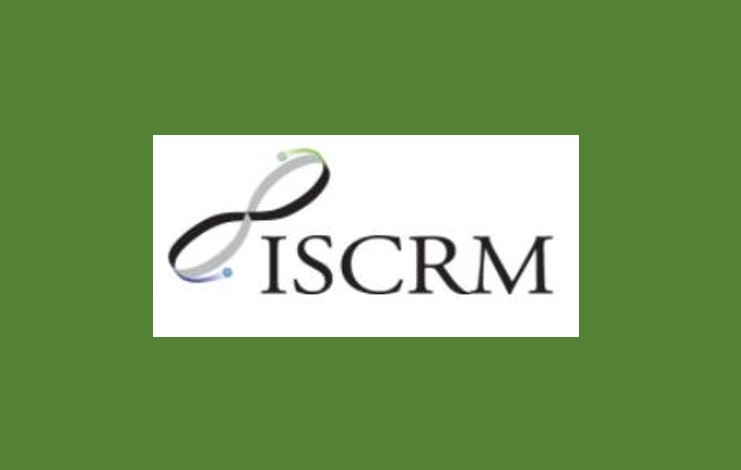
Institute for Stem Cell & Regenerative Medicine
Among the world’s premier biomedical research institutions, the University of Washington School of Medicine and its affiliated institutions, Fred Hutch and Seattle Children’s, are leading-edge pioneers. The University of Washington Institute for Stem Cell and Regenerative Medicine plays an integral part in this network, developing the human body’s astonishing power to heal itself.
Blue
learn more
Molecular Engineering & Sciences Institute (MOLES)
The Molecular Engineering & Sciences Institute (MolES) brings together engineers and scientists from across the University of Washington to develop molecular-based solutions for urgent societal problems and to educate the next generation of interdisciplinary researchers and innovators.
learn more
The Institute of Translational Health Sciences (ITHS)
ITHS offers resources to researchers that increase the speed at which scientific discoveries can be translated into treatments that improve health outcomes for patients and communities.
learn more
UW Department of Biostatistics
Biostatistics is the branch of statistics that deals with data relating to living organisms. We turn data into knowledge. The department serves as a source of expertise, training, and research in the quantitative aspects of public health and medicine.
learn more



